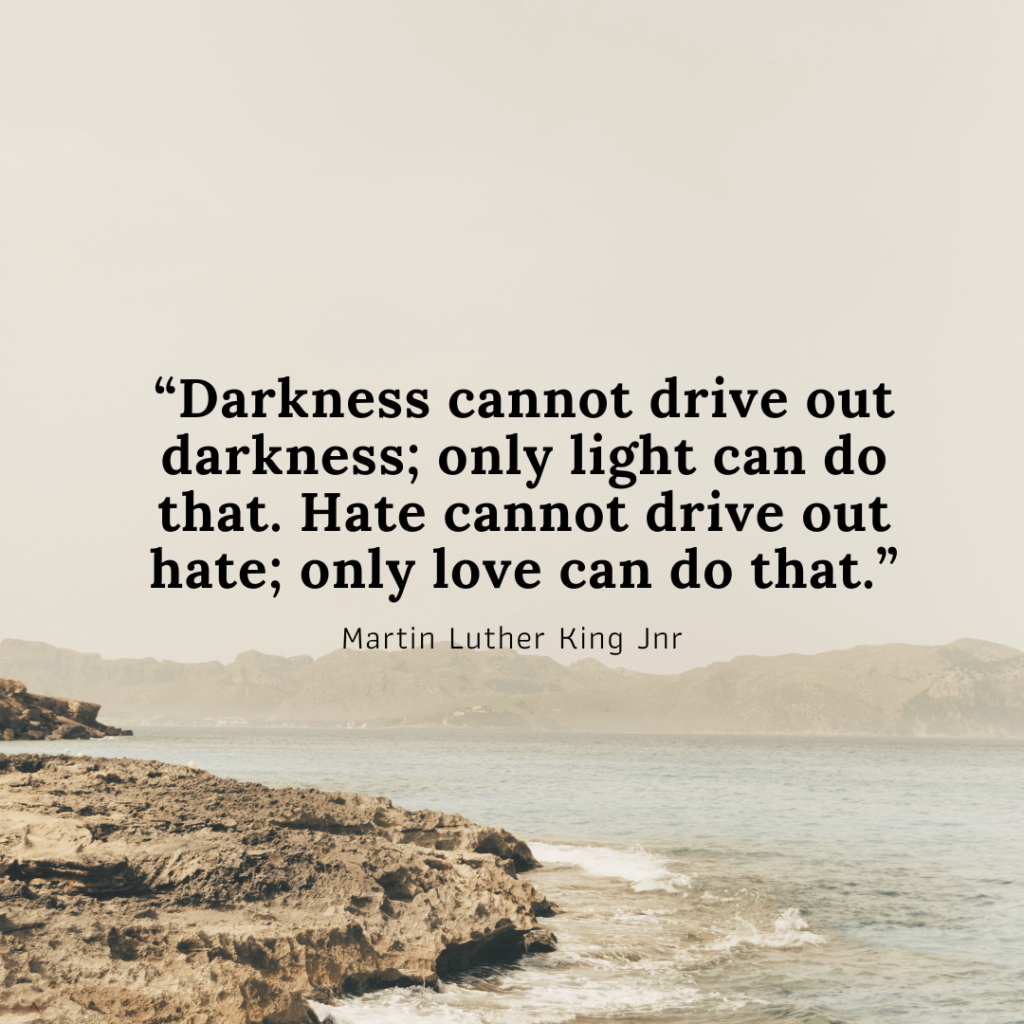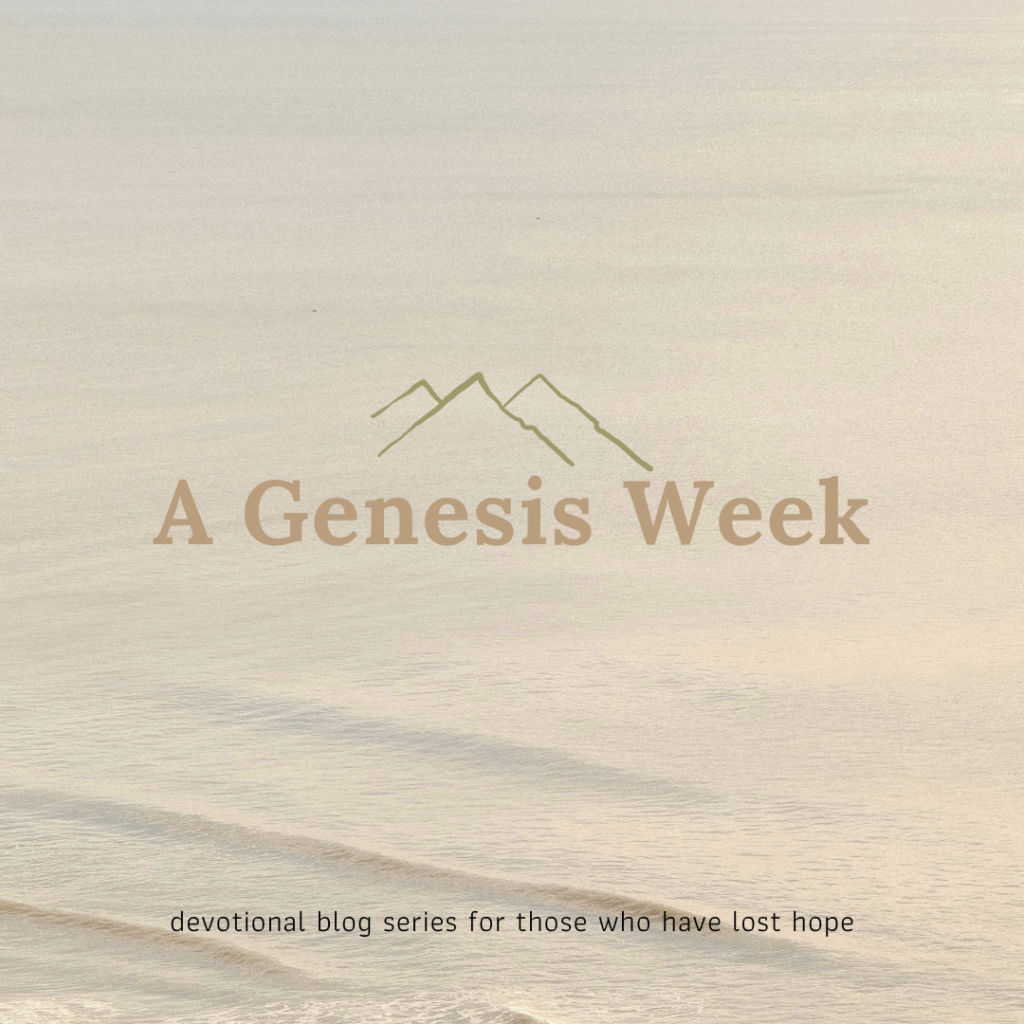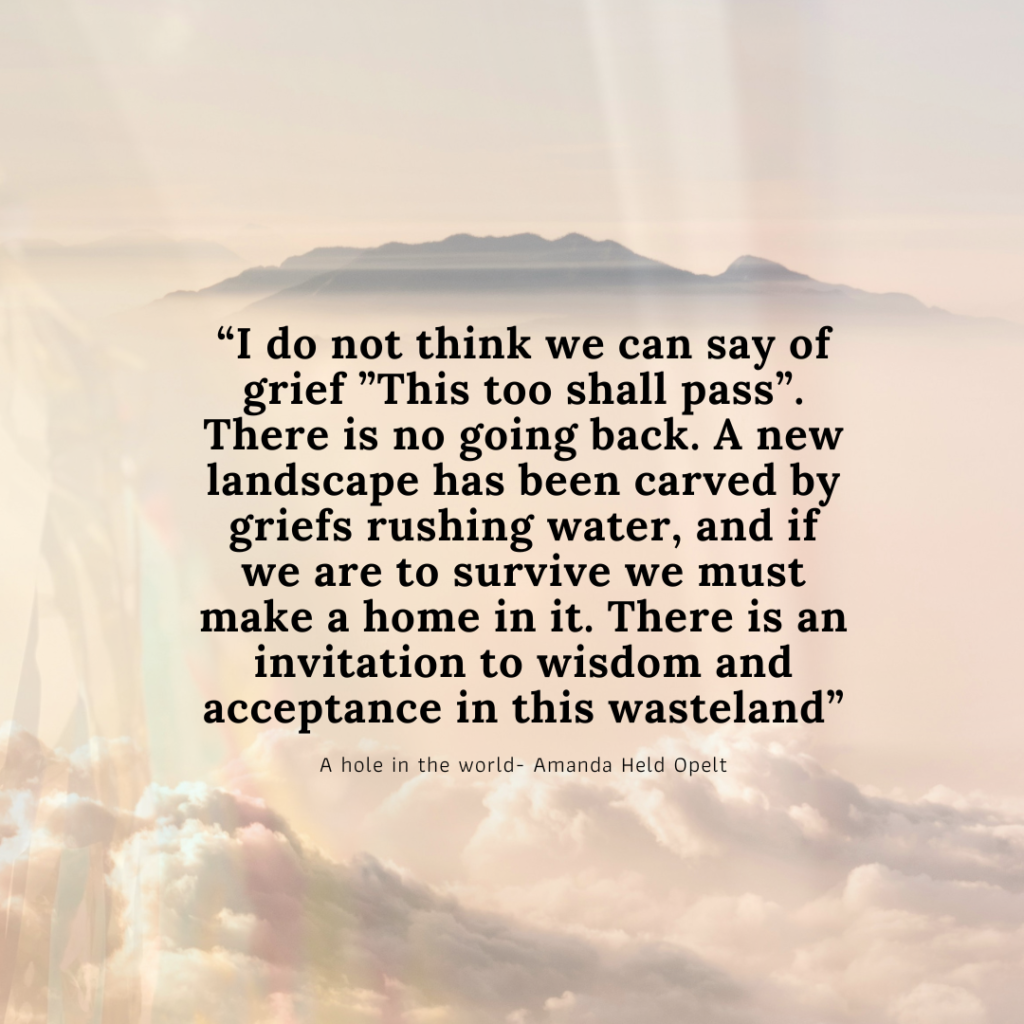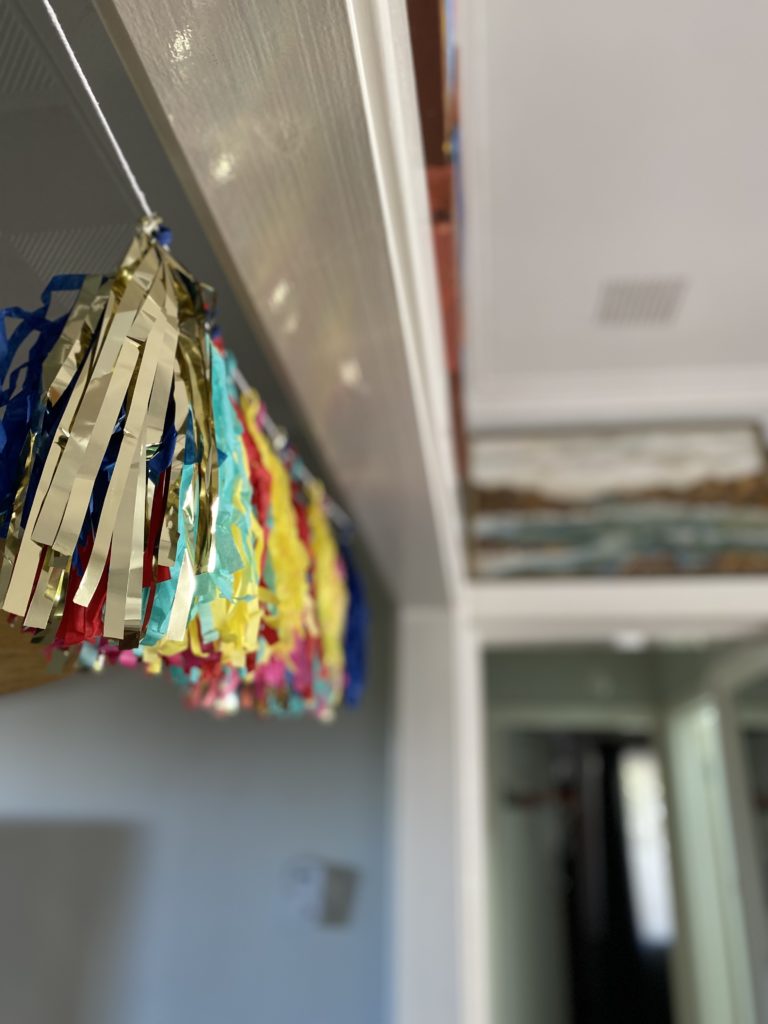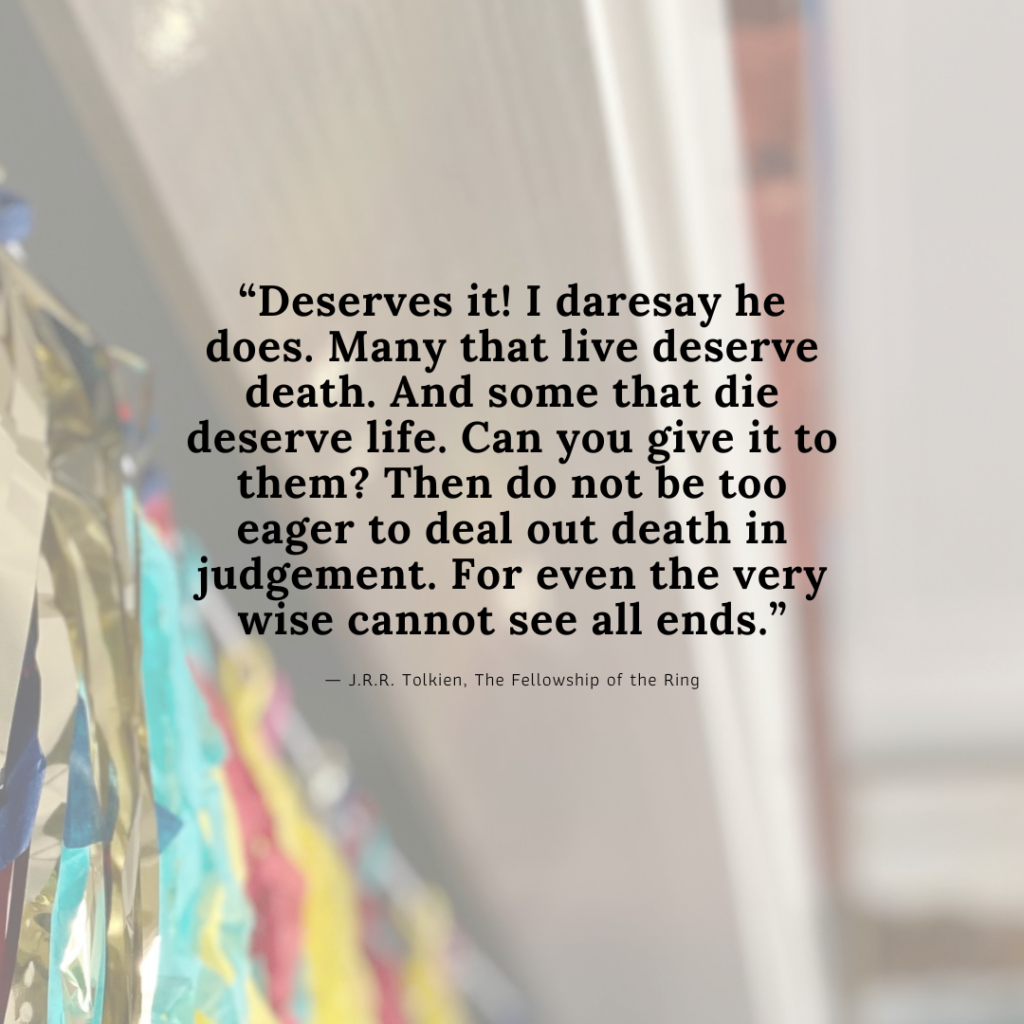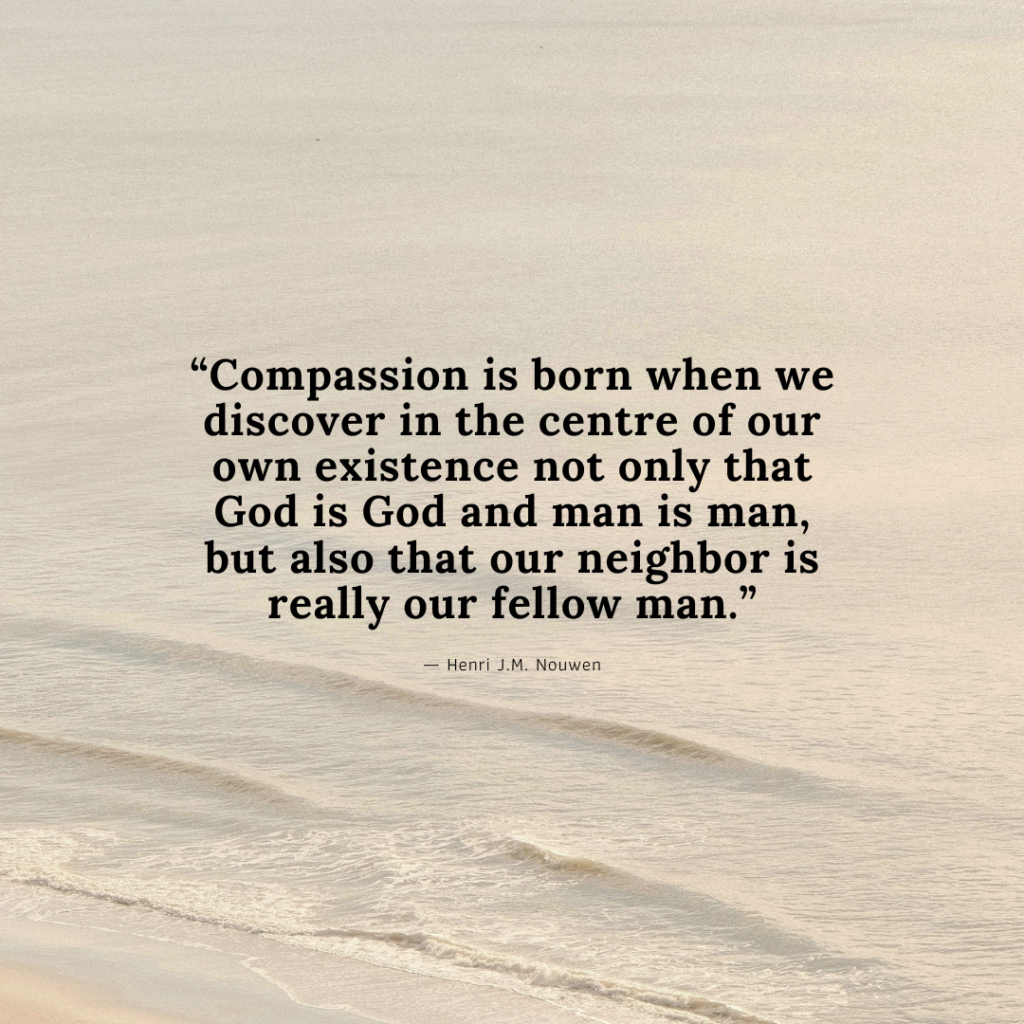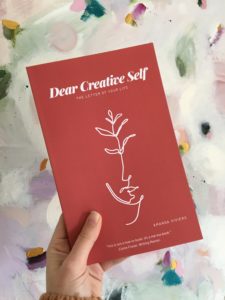
There has been a repeating phrase that has echoed in my heart over the last year and I believe it is important for many in this season. A sentence that brings hope, in a year that many have faced hardship like no year before.
For my family the last few months have been hard.
Walking through muddy, rising waters— hard.
Doing uncommon things— hard.
Trying to find the grace for growth— hard.
Even though it has been a time of many challenging tasks, I have also remembered the prayers of my youth and the faithfulness of a God who has answered them all. The funny thing about perspective, is often we don’t see the pressure that comes with the blessing. We forget the cost of the dream realised. We think of the possibility but forget the growth required for the context of the hopes aligned.
“And God said, “Let the water under the sky be gathered to one place, and let dry ground appear.” And it was so. God called the dry ground “land,” and the gathered waters he called “seas.” And God saw that it was good.
Then God said, “Let the land produce vegetation: seed-bearing plants and trees on the land that bear fruit with seed in it, according to their various kinds.” And it was so. The land produced vegetation: plants bearing seed according to their kinds and trees bearing fruit with seed in it according to their kinds. And God saw that it was good. And there was evening, and there was morning—the third day.”
—Genesis 1: 9-13
Over these months I have been reminded of the Creation account and the way God brought the world into being. I have found in my life that when I am faced with much opposition, it often means new land is being forged and the character required to walk upon its veldt. God moves in uncommon ways when we are blinded to the answers we desperately seek. God answers our calls for refuge and help. He does not play hide and seek, testing our patience by playing games. He draws us towards new land and often asks that we trust him for tomorrow.
In the town I live in, there has been an overwhelming need for housing and new land. As I sit here in my bedroom writing, I can see out onto the road my house sits upon. It is a very simple, ordinary street, in an small seaside town, however there is a small white car that I can see from my bedroom window. Living in that car, is a lady who has lost her home.
The economic crisis and the increase of inflation is just one of the pressures that many have face currently. There are wars and rumours of wars. Heartbreak, sickness and a rental crisis where the cost of living has escalated quickly.
In these times of challenge it is a great reminder to come back to simple things. We do not need mountains of clothes to survive, we do not need overflowing kitchens with gadgets. We do not need more shoes, technology or white goods. One of my favourite local pastimes is watching our free economy “buy nothing” facebook group and seeing our local community share what they have with each other.
Kindness changes communities.
We need each other.
A revolution of simplicity. A kindness that extends into our neighbourhood. A reminder that indeed God is good.
This season has also carried with it so many conversations where friends have lost their focus. What used to bring them joy, no longer has the same taste of satisfaction. An overstimulated society, overweight from opinions and disappointment. When we stay in a place where we no longer are fulfilling the purpose that brings our strengths to life, we become dissatisfied with the routine of the every day.
The phrase that has repeated over and over in my heart across the last year has been this: ” Look for New Land.” or just simple “Buy Land”. It is a phrase that doesn’t make sense when there is so much financial pressure and a lack of opportunities to in fact physically buy land. I do believe in the coming days however, many new opportunities with be available to those who sacrifice today’s harvest for the one that is to come. It reminds us that there are times for planting seeds and indeed times for harvesting the produce of that which is to come.
When we transition into new lands, with new opportunities, there is a deep sense of purpose that unveils in our hearts and lives. Bearing fruit for harvest in winter seasons can be contradictory. Genesis reminds us that producing fruit for the winter season, plants bearing seed, this is the cycle of the way God breathed life into our very planet. And He stopped, rested and said “It is good.”
There is a rhythm to the creation story. The night, the day, the rest and the reset.
Each June, I take time to look across my land. Remind myself of the promises I set at the beginning of the year. To take stock of that which is distracting me and to forgive myself of the things I didn’t mean to do, that have clouded my perspective.
The art of retreating and writing for clarity is one that came so easy when I had less responsibilities. I know though, that it is a balm for my restless soul. It is the way that emotions are processed and it reminds me to look for new land.
If you would like to join me in resetting this July, I am hosting a online workshop on Saturday the 13th: INFORMATION HERE. And please comment above, so I can hear what land is drawing you into its veldt (South African Bushland) this July.



